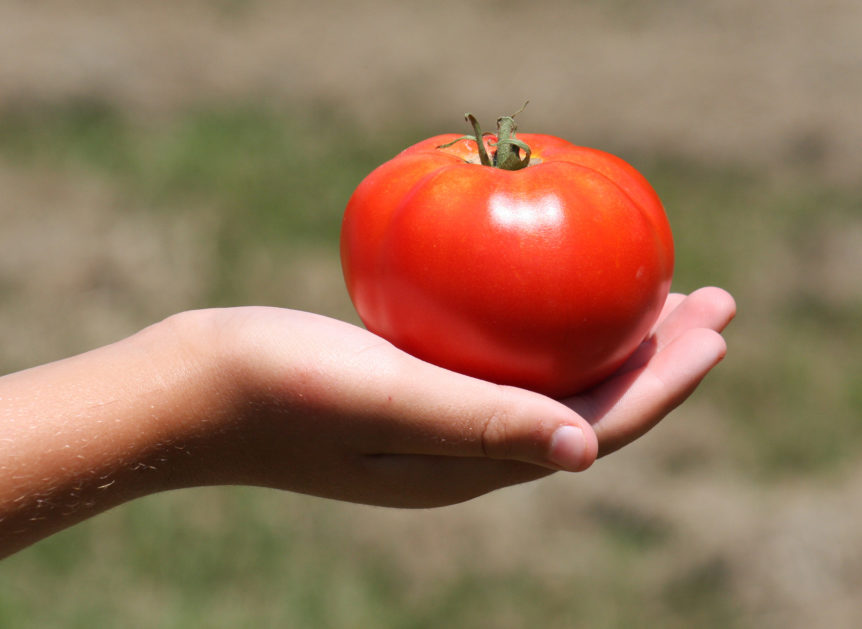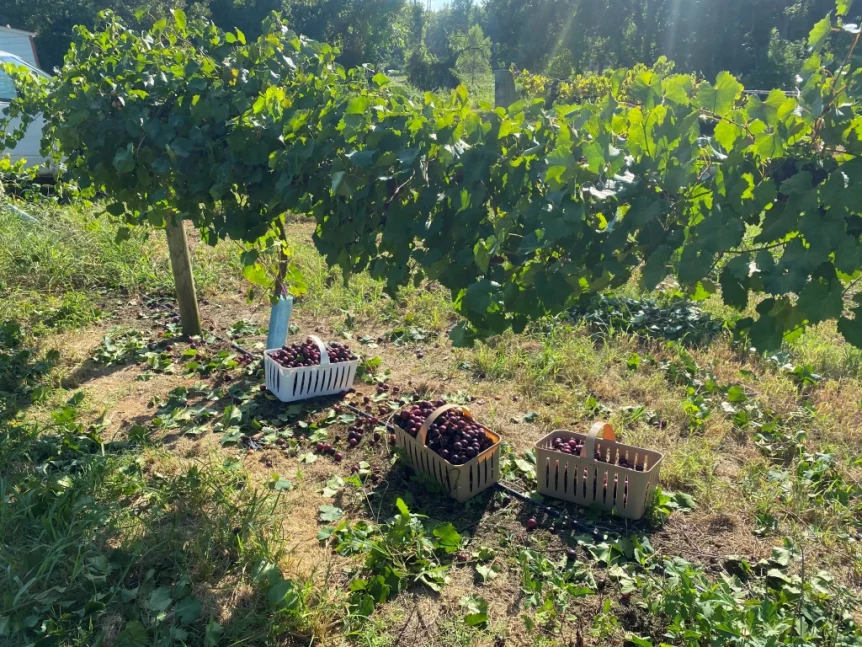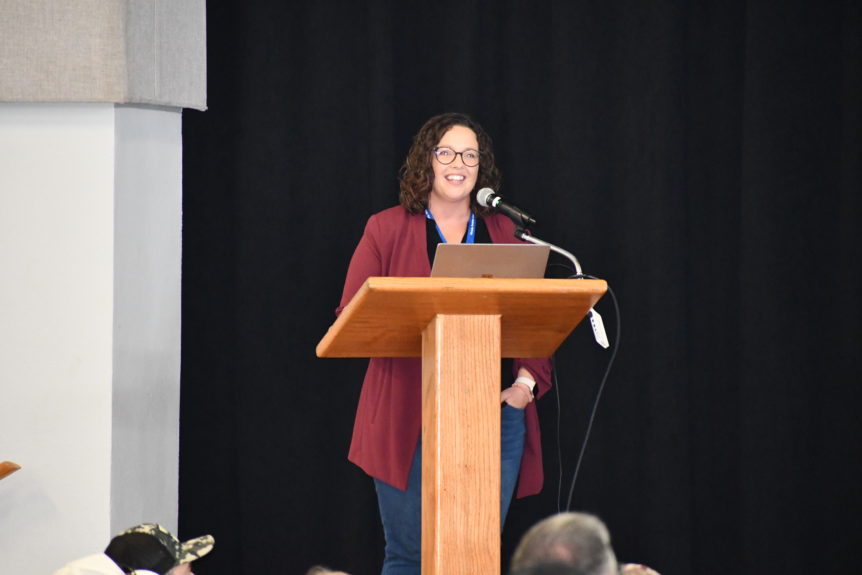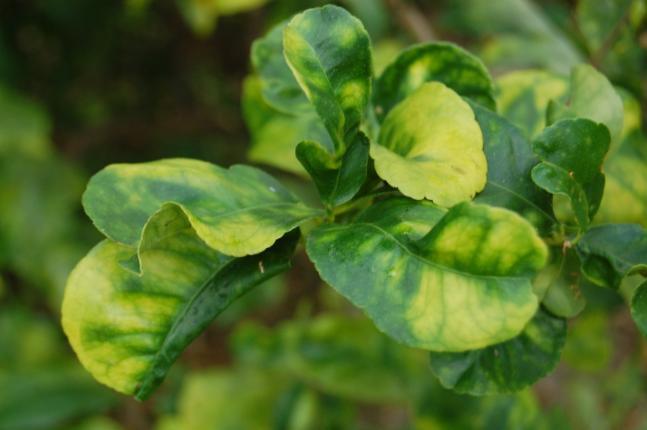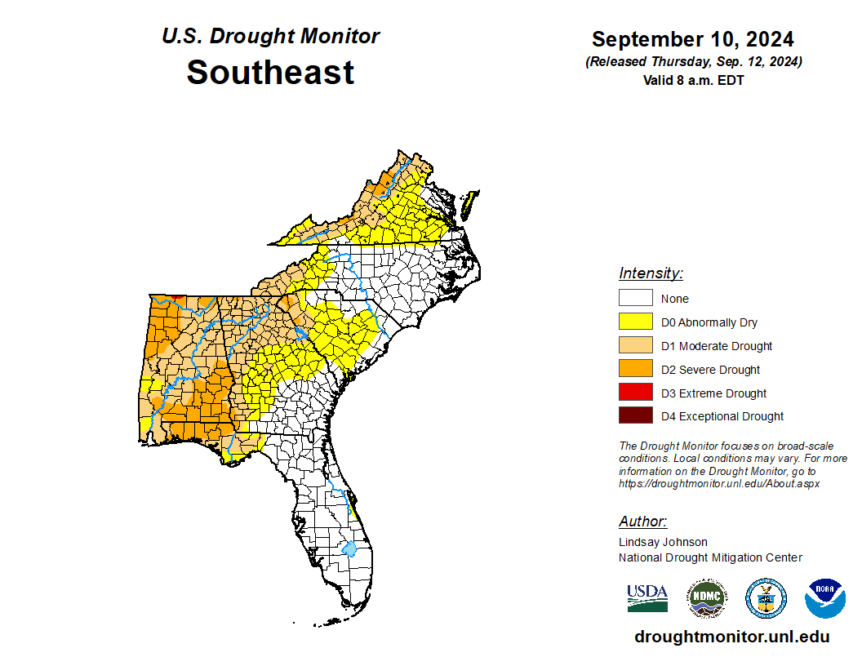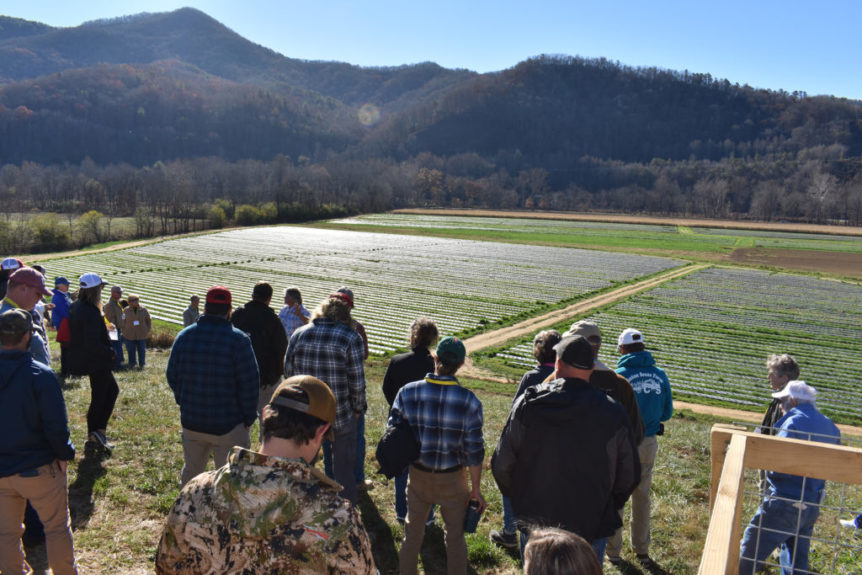People with a green thumb for growing tomatoes are giving University of Florida Institute of Food and Agricultural Sciences (UF/IFAS) researchers data to help them find tastier tomatoes. Through a citizen science program, Denise Tieman, a UF/IFAS research associate professor of horticultural sciences, and her lab are retrieving viable data from residential gardeners about which tomato varieties grow and taste …
USDA Announces September 2024 Lending Rates for Agricultural Producers
WASHINGTON – The U.S. Department of Agriculture (USDA) announced loan interest rates for September 2024, which became effective Sept. 1, 2024. USDA Farm Service Agency (FSA) loans provide access to capital to help producers start or expand their farming operation, purchase equipment and storage structures or meet cash flow needs. “I encourage our lenders and borrowers alike to work with our …
NPC to Advocate for U.S. Fresh Potato Access During U.S.-Japan Bilateral Meeting
WASHINGTON, D.C. – Representatives from the U.S. Department of Agriculture (USDA) Animal and Plant Health Inspection Service (APHIS) are scheduled to host plant health technical bilateral meetings with their Japanese counterparts in Idaho Falls, Idaho, Sept. 17-19, to continue mission-critical work on phytosanitary topics. National Potato Council (NPC) CEO Kam Quarles and others from the U.S. potato industry will attend …
Clemson Extension Agents Provide Updates
Weekly Field Update Clemson Extension agents provide updates in The South Carolina Grower this week about the status of various crops being produced throughout the state. Midlands Phillip Carnley Pee Dee Christiana Huss Upstate Briana Naumuk Andy Rollins
Florida Tomato Institute Dips into Hydration and Breeding
The 2024 Florida Tomato Institute drew a large crowd of growers and other industry stakeholders to Clewiston, Florida, in early September. The event showcases the latest in tomato research, new product offerings from industry and featured presentations on worker safety and plant improvement. WORKER PROTECTION The federal government has proposed new worker protection rules, and ordinances are being proposed at …
HLB and Psyllids in Georgia Commercial Citrus
One of Georgia citrus growers’ worst fears is slowly becoming a reality. Citrus greening, also known as huanglongbing (HLB), was observed in a Georgia commercial citrus grove for the first time in 2023. This is alarming news for the industry, says Jonathan Oliver, University of Georgia (UGA) assistant professor and small fruits pathologist. “We knew HLB was here in residential …
Specialty Crop Grower Magazine: A Conversation About the Farm Bill
By Frank Giles There have been a few issues percolating on the federal policy front over the summer. One of the biggest has been the new farm bill and its prospects of getting passed into law. Last month, AgNet Media hosted the Citrus & Specialty Crop Expo in Tampa at the Florida State Fairgrounds. The event was a success, and …
Drought Monitor: Dry Conditions Worsening, Expanding in Alabama
Any rainfall Alabama gets from Hurricane Francine this week will be much appreciated. According to the latest release of the U.S. Drought Monitor, most of the state is at least moderately dry with severe dry conditions being observed in Northwest Alabama and Southeast Alabama. The hurricane moved through Louisiana on Thursday with the potential for the first substantial rainfall coming …
N.C. State Fair Announces 2024 Farm Families of the Day
RALEIGH – The North Carolina (N.C.) State Fair’s Farm Family of the Day, sponsored by Tractor Supply Company, is returning for its fourth year to recognize and celebrate the state’s rich agricultural heritage and the farm families that are behind its $111.1 billion agriculture and agribusiness industry. “The N.C. State Fair’s earliest beginnings sought to elevate the understanding of new …
Southeast Strawberry Expo Slated for Nov. 12-14
Registration is under way for the Southeast Strawberry Expo, slated for Nov. 12-14 at the DoubleTree by Hilton Atlantic Beach Oceanfront Hotel in Atlantic Beach, North Carolina. The Expo will be divided into different events held each day. A new grower workshop will be held on Tuesday, Nov. 12, from 2 p.m. to 6 p.m. A farm tour will be …










